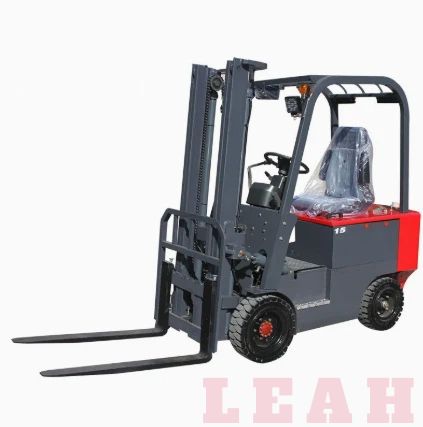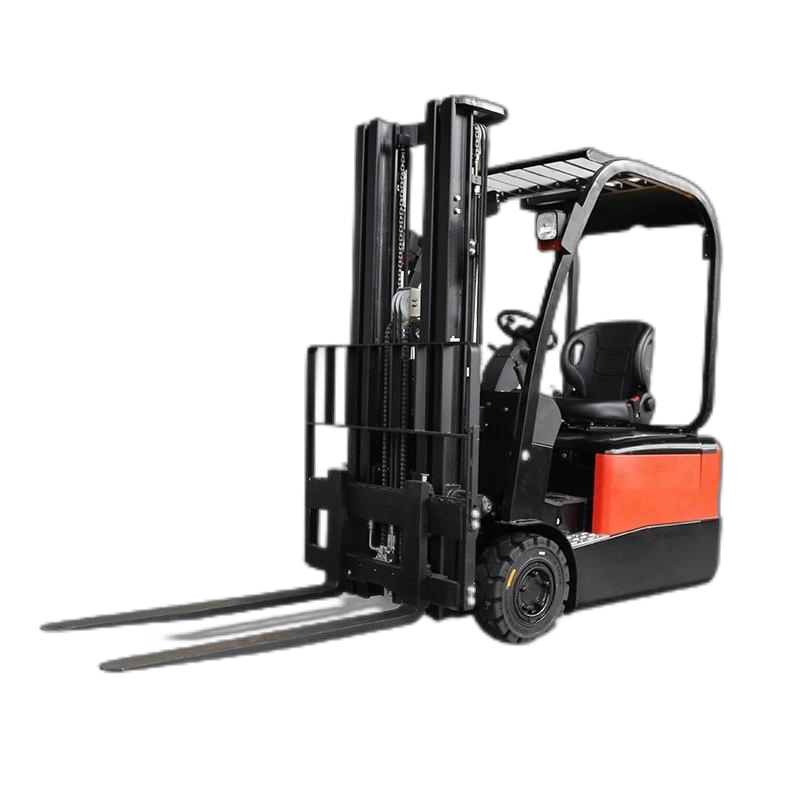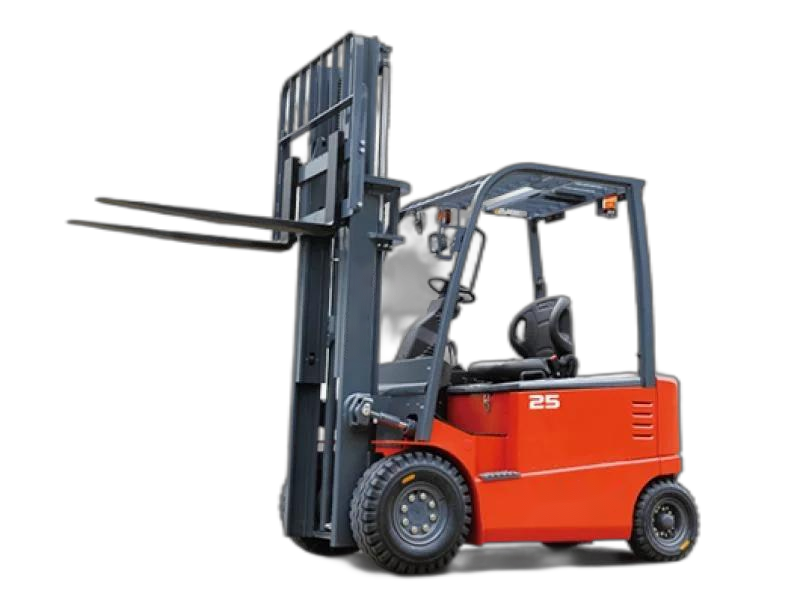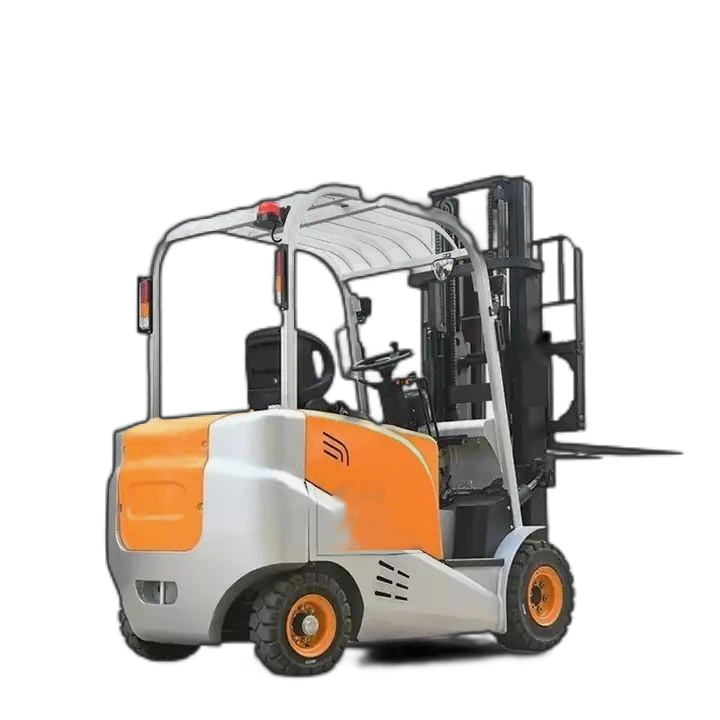| Factor | Impact on Costs |
|---|
| Forklift Type | Electric forklifts have high initial purchase costs but lower maintenance costs (no engine maintenance required), while fuel forklifts need more frequent maintenance (engine oil, filter elements, etc.). |
| Usage Frequency | Forklifts used for more than 8 hours a day have maintenance costs 50% - 100% higher than those used for 4 hours a day. |
| Working Environment | - Humid, dusty, and high - temperature environments will accelerate the corrosion and wear of components, increasing maintenance costs by 30% - 50%.
- Heavy loads or frequent handling of heavy objects will intensify the wear and tear of the hydraulic system and tires. |
| Brand and Model | Imported brands have high spare parts costs but strong reliability and long maintenance cycles; domestic brands have cheaper spare parts, but the failure rate may be higher. |
| Maintenance Strategy | Regular deep maintenance (such as battery activation and hydraulic system cleaning) can reduce fault costs by 30% - 40%, while ad - hoc repairs are more expensive. |
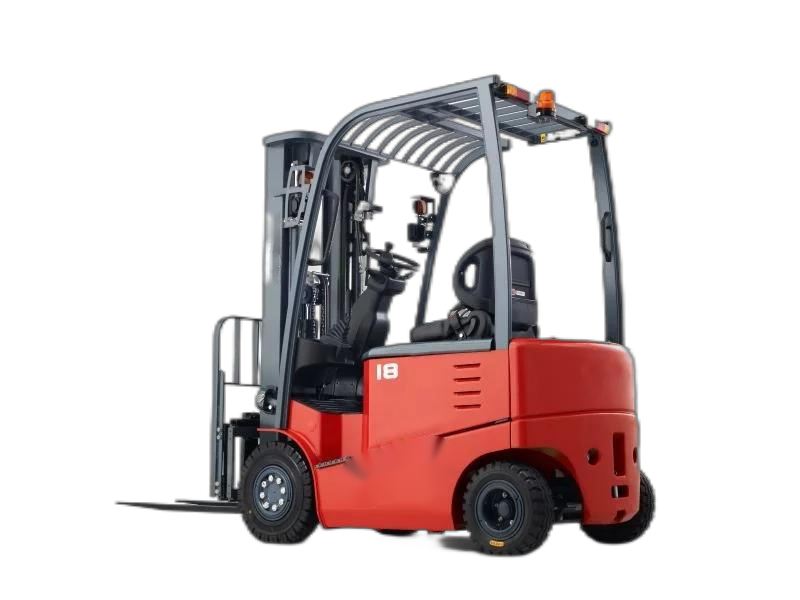
Periodic Maintenance: Strictly follow the maintenance cycles recommended by the manufacturer to avoid component damage caused by "overuse" or delayed maintenance.
Priority for Key Components: Develop special maintenance procedures for the batteries of electric forklifts and the engines of fuel forklifts to extend the lifespan of core components.
Although original parts are more expensive, they offer better compatibility and longer service life, resulting in lower costs in the long run. When choosing aftermarket parts, select well - known brands to avoid chain failures caused by low - quality components.
Operator Training: Avoid sudden acceleration, sudden braking, and overloading to reduce the impact on tires and the hydraulic system.
Environmental Control: Increase the replacement frequency of air filter elements in dusty environments and regularly check the insulation of electrical circuits in humid environments.
Use sensors to monitor parameters such as battery voltage, engine oil temperature, and hydraulic system pressure to detect potential failures in advance and reduce sudden repair costs.
Outsourcing Professional Maintenance: Sign full - maintenance contracts with forklift service providers, paying an annual fee (about 5000 - 15000 yuan per unit), and let the service providers bear most of the repair costs.
When a forklift has been in use for more than 5 years and its maintenance costs are continuously 20% higher than those of a new machine, consider phasing out the old equipment to avoid "endless repair costs".
| Forklift Type | Annual Usage Hours | Annual Maintenance Costs | Component Replacement Costs | Labor and Fault Repair Costs | Total Annual Costs |
|---|
| Electric Forklift (1.5 tons) | 2000 hours | 2000 - 3000 yuan | 3000 - 5000 yuan (including battery maintenance) | 2000 - 4000 yuan | 7000 - 12000 yuan |
| Fuel Forklift (3 tons) | 2000 hours | 3000 - 5000 yuan | 5000 - 8000 yuan (including engine oil, filter elements, etc.) | 3000 - 6000 yuan | 11000 - 19000 yuan |
Forklift maintenance costs are dynamically changing. Enterprises need to formulate personalized maintenance plans based on their own working conditions, equipment types, and usage frequencies. By adopting the strategy of "prevention - first and precise maintenance", not only can direct repair costs be reduced, but also equipment downtime losses can be minimized, and operational efficiency can be improved.






